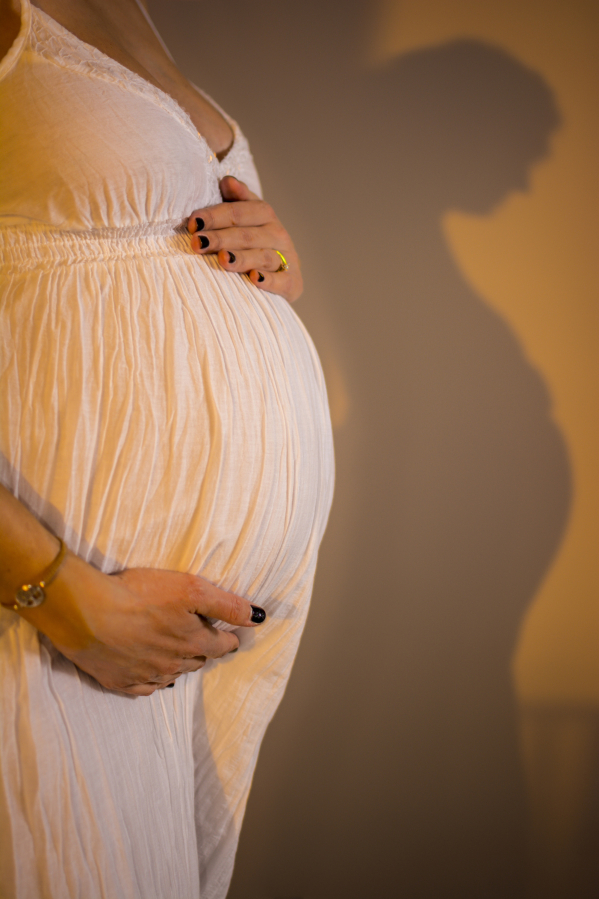Although the mother was initially charged and convicted of murder in the stillbirth of her child, serving more than a year in jail, the dismissal of her charges led to the California attorney general weighing in on how the state’s law on murder should be interpreted in these kinds of cases.
Last year, a murder charge was dismissed in the case of a 26-year-old woman who had allegedly used methamphetamine while pregnant, with prosecutors arguing that her drug use led to the stillbirth of her child. Reproductive health and justice experts and advocates say that there is insufficient scientific evidence to draw a conclusive line between drug use during pregnancy and miscarriage or stillbirth. They also contend that a 1970 amendment to the state’s penal code for murder only intended to criminalize third-party violence against someone who’s pregnant, and not the pregnant person. Attorney General Rob Bonta agreed earlier this month, saying, in part, “Penal Code section 187 does not impose criminal liability on a person carrying a fetus for allegedly causing the miscarriage or stillbirth of that fetus.”
To discuss this legal understanding and the reproductive health and justice issues that intersect with this interpretation, I spoke with Lucinda Finley, Joelle Puccio, and Dominika Seidman. Finley is the Frank Raichle Professor of Law at the University at Buffalo, State University of New York, where she specializes in issues of gender in the law, reproductive rights and justice, and how the law does and doesn’t support the needs and interests of pregnant women. Puccio is a registered nurse and co-founder of the Academy of Perinatal Harm Reduction, an organization working to improve the lives of pregnant people and parents with substance use disorders. Seidman is an obstetrician/gynecologist at the University of California, San Francisco and Zuckerberg San Francisco General Hospital, and co-founder of Team Lily, a program providing services to pregnant people experiencing significant barriers to care. (These interviews have been edited for length and clarity. )
Q: The Associated Press recently reported on the California attorney general’s guidance on interpreting state law in a way that does not charge pregnant people with murder in the event of the death of a fetus, including if the pregnant person’s behavior is believed to have contributed to that death (e.g. substance use). Can you talk about why this was happening? What are some reasons that prosecutors seem to be inclined to file these kinds of charges?



